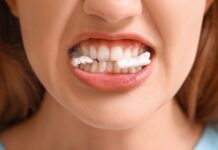Affiliate Disclaimer
Some links in this article are affiliate links. We may earn a small commission if you make a purchase through these links, at no extra cost to you. We only recommend products we find useful to our readersKeeping your ears clean is essential for good health. Clean ears keep infections and problems associated with hearing at bay. Safe ear-cleaning methods are important. Poor techniques are major causes of common complications such as earwax impaction, ear infection, or damage to the ear canal or eardrum. Learning best practices for cleaning your ears properly is crucial to avoid these complications and keep the ears healthy.
Understanding Ear Wax
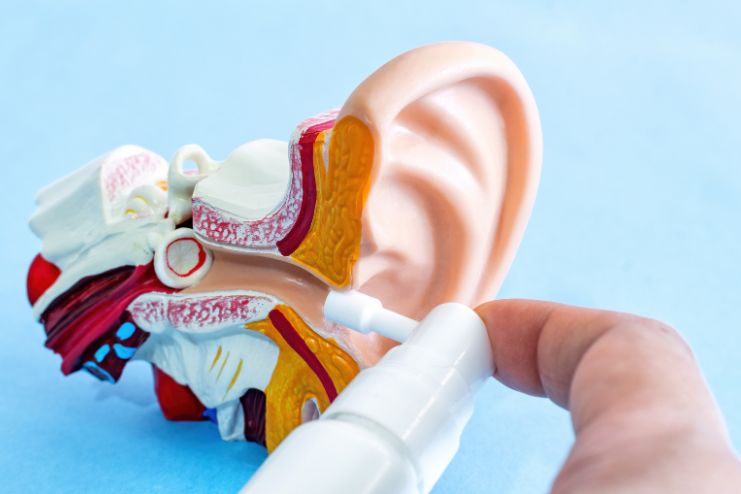
Cerumen, also known as earwax, is a natural secretion from glands in the ear canal. It performs important functions in maintaining ear health by trapping dust, dirt, and other small particles, preventing them from reaching the eardrum and causing any damage or infection.
Cerumen further prevents infections in the ears due to its antibacterial properties. The ear is self-cleaning. Wax dries out with the trapped debris and slowly moves out of the ear canal. This natural expulsion happens due to regular jaw movements while talking and chewing.
Although wax protects eardrums, it sometimes becomes problematic. Factors like genetically determined wax production, smaller or oddly shaped ear canals, or overuse of earbuds and hearing aids may impede the natural process of wax expulsion.
This results in ear wax buildup and impactions, causing hearing loss, earache, or a feeling of fullness in the ear. The key to ear health and prevention of excessive ear wax complications is understanding the physiologic role that cerumen plays and its management.
Also, read: 8 Immediate Actions to Take in Case of a Head Injury
Safe Ear Cleaning Methods
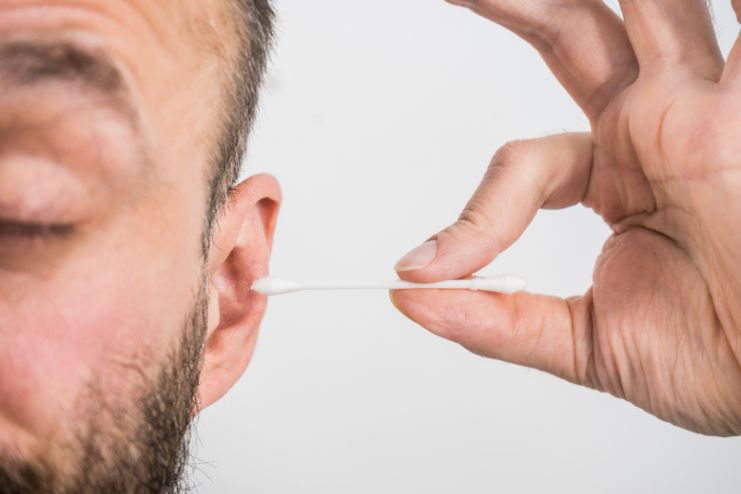
Keeping ears clean helps avoid discomfort and preserve ear health. Follow these safe ear-cleaning tips:
1. Warm Cloth: Use a warm, damp washcloth to clean visible wax or dirt on the outer ear.
2. Over-the-Counter Ear Cleaning Drops: These drops usually have hydrogen peroxide, which is said to break up earwax. How to use these:
- Lie on your side with the ear you want to clean facing up.
- Put the drops in the ear as directed and remain there for about five minutes.
- Sitting up, tilt the head to drain the liquid with softened ear wax and catch it on a tissue.
3. Ear Irrigation with Bulb Syringe: Use a bulb syringe if ear drops are not effective.
- Fill the bulb syringe with warm water.
- Gently squeeze the bulb near the ear opening to flush the ear.
- Tip your head sideways over a sink or bathtub and let the water and wax drain out.
4. Mineral or Olive Oil: A few drops of mineral or olive oil lubricate the ear canal and soften the wax before actual cleaning.
Next Read: Healthy Habits for Busy Professionals: Balancing Work and Wellness
What to Avoid
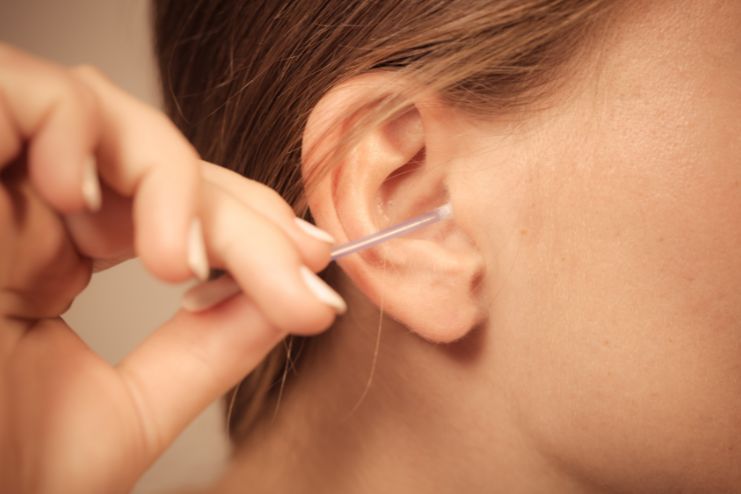
There are several ear-cleaning mistakes that do more harm than good. Here are some to avoid:
- Swabs: One of them is the use of cotton swabs. While they may be useful, cotton swabs will only push the wax further into the ear canal, resulting in impaction and even damaging the eardrum. The same can be said about using hairpins, keys, or any other pointed device for ear cleaning: they scratch, pierce, and infect the ears.
- Over-Cleaning: Another mistake is over-cleaning. The ears are self-cleaning organs, and excessive cleaning removes the protective layer of ear wax from the ear canal, making it prone to infections.
- Ear Candles: Another risky method to avoid is ear candles. They are not only ineffective but cause burns and block one’s ear canal area.
- Incorrect Use of OTC Ear Drops: Another mistake is using over-the-counter ear drops incorrectly. When ear wax has built, or there is an impaction, if ear drops may soften the wax and wax isn’t cleaned properly, a mud block formation may worsen things.
- Improper Cleaning Methods: Improper cleaning methods can cause ear infections, partial or complete hearing loss, tinnitus, and even damage to the eardrum. Safe practices in ear cleaning will maintain a healthy ear; if doubtful, seek professional help.
Professional Ear Cleaning
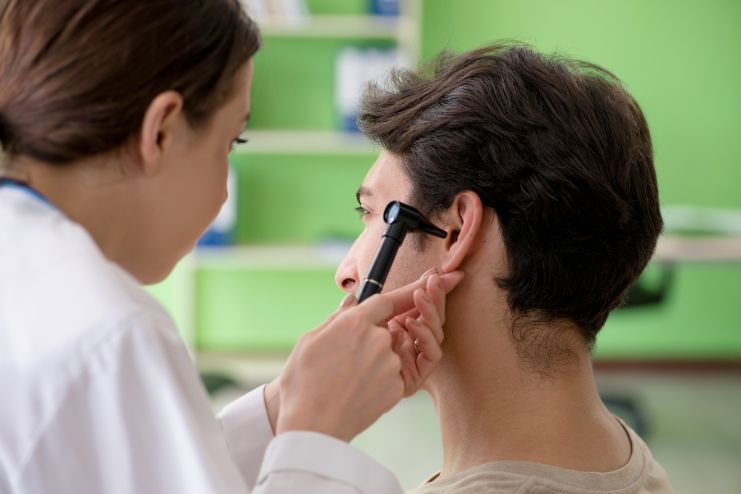
However, professional ear cleaning might be needed if home remedies prove ineffective, there is recurring ear pain, decreased hearing acuity, tinnitus, or a sensation of fullness in the ear. Proper removal of ear wax and treatment of underlying problems should only be done by an ear specialist or audiologist.
Procedures Used by Professionals:
1. Suction:
- A softening agent will be applied to make earwax removal easier.
- A long, thin vacuum nozzle is inserted into the ear to suck out the softened wax from the ear canal.
- This method has low risk and is effective for many, although it can be noisy and uncomfortable for those sensitive to sound.
2. Curette:
- A curette or spoon-shaped tool manually removes wax pieces. It requires stillness to avoid skin damage, especially in the bony portion of the ear canal.
- This is suitable for darker and more solid wax.
3. Irrigation:
- It involves flushing of ear wax using a mixture of water and saline.
- It is unsuitable for people with perforated eardrums and those prone to dizziness due to the temperature difference.
- Clinics may use machines such as Earigator, which control the temperature of the water, making it more comfortable for the patient and allowing the process to be completed faster.
- Before cleaning, the clinician will inspect your ear with an otoscope and do a tympanogram to check for eardrum perforations. Professional cleaning of the ears usually takes only 15 minutes.
Tips for Maintaining Ear Health
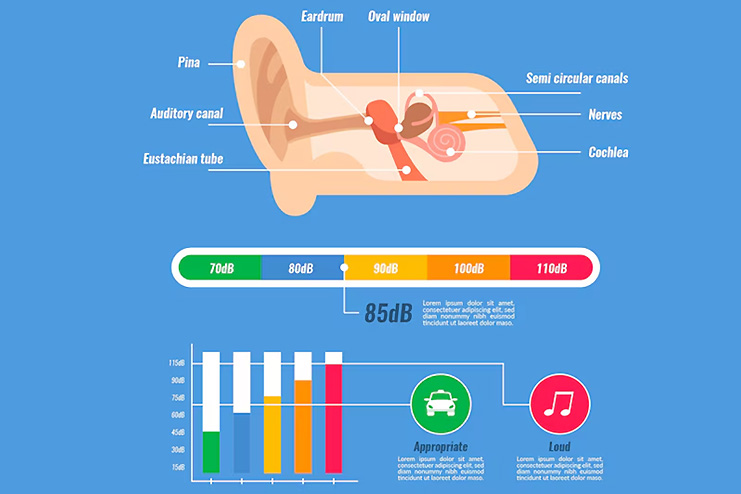
- Prolonged loud noise will affect your hearing ability. Use earplugs when attending concerts, big sporting events, or working with loud machinery. Keep your headphones at low volume in small spaces.
- Excessive moisture creates an environment for bacteria. Dry your ears thoroughly with a towel after swimming or showering. Tilt your head sideways, which may further help drain any trapped water.
- Avoid inserting cotton swabs or other objects into the ear canal. Doing so may cause cerumen to become impacted or even damage the eardrum.
- Excessive stress can lead to problems such as tinnitus (ear ringing). Practice stress management through meditation or yoga to stay fit and reduce the risk of ear disorders.
- Book your audiologist appointments promptly to detect any problems early on.
- If you regularly work in a noisy environment, use custom-molded earplugs or noise-canceling headphones. Take regular breaks to rest your ears from the noise.
You will maintain good ear health by following these simple ear health tips.
Conclusion
Cleaning your ears will enhance your hearing ability and prevent infections. Avoid using cotton swabs or other objects to clean ears. Only use safe cleaning methods. Avoiding excessive noise and keeping your ears dry are essential steps.
Regular check-ups with an audiologist to point out any problems ahead of time are important. Following these tips and seeking professional help when necessary will keep your ears in good health.
References
- https://www.webmd.com/a-to-z-guides/ear-wax
- https://health.clevelandclinic.org/ear-wax-removal-101-the-best-and-safest-ways-to-clear-clogged-ears
- https://www.healthyhearing.com/report/53377-Should-you-get-your-ears-cleaned-by-doctor-or-audiologist
- https://www.hearingcarecentres.co.uk/10-tips-care-ears-properly/
In this Article













